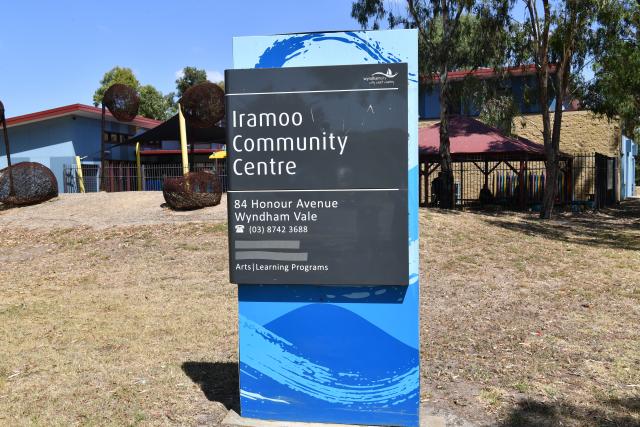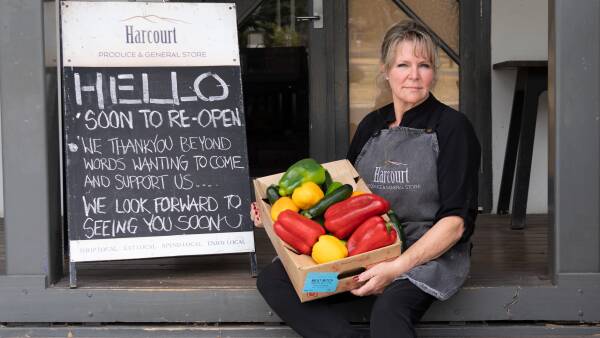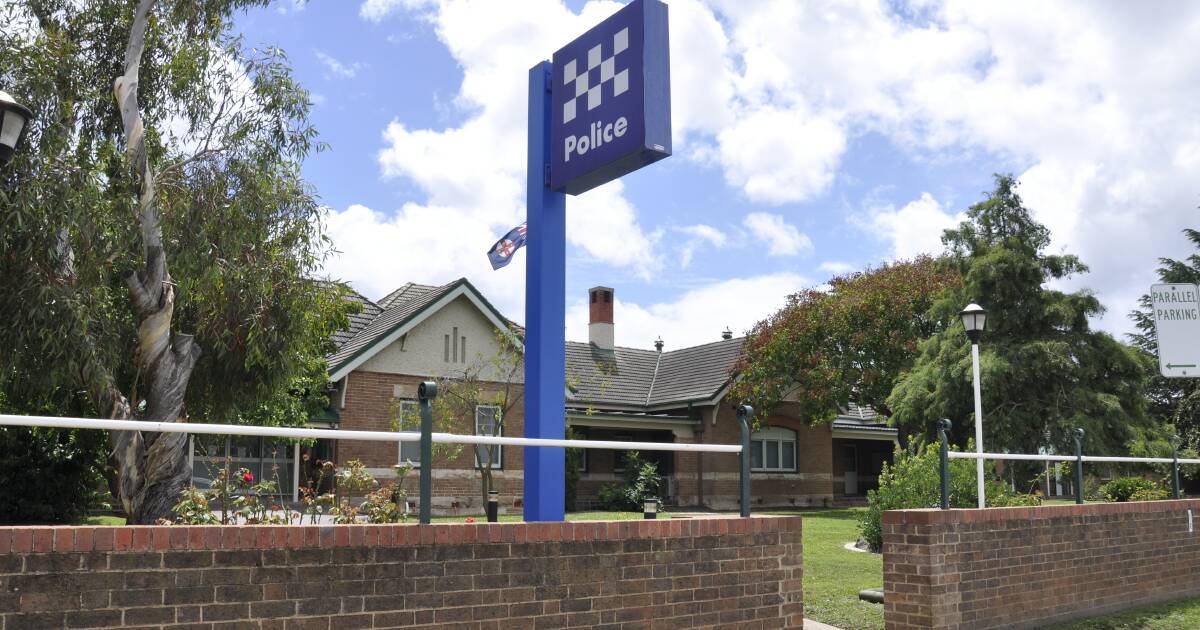
A Newcastle mother has voiced her outrage over what she describes as “dangerous blame-shifting” between federal and state authorities after her 26-year-old daughter was left in a medically induced coma. The incident, which took place at John Hunter Hospital, has sparked a debate over the responsibilities of the National Disability Insurance Scheme (NDIS) and public hospitals.
The controversy centers around the care of NDIS participants when they are admitted to hospitals. The National Disability Insurance Agency (NDIA) maintains that hospitals are responsible for the disability-related support needs of NDIS participants during their stay. However, NSW Health Minister Ryan Park has asserted that the NDIS is a federal matter, highlighting a jurisdictional tug of war.
Mother’s Struggle and Call for Reform
The mother, whose daughter was left in a coma for 24 hours without medical necessity, has called for immediate reforms. She argues that the current agreement between NDIS and NSW Health is flawed, as NDIS support is automatically cut upon hospital admission. “NDIS support stops once a participant is hospitalised. It must be automatically maintained upon hospital admission for participants with complex support needs,” she stated.
Her daughter, who suffers from complex disabilities including Chiari malformation and autism, was admitted for diabetic ketoacidosis and later contracted influenza and pneumonia. The mother recounted a harrowing experience where ICU staff informed her they could not bring her daughter out of the coma without support workers. “Well, you can’t leave someone in a coma if they don’t need to be in a coma,” she responded.
Government Responses and Accountability
The office of Mark Butler, the federal minister for disability and the NDIS, redirected inquiries to Minister Jenny McAllister, who assists with the NDIS. When pressed by the Newcastle Herald, Minister McAllister’s office referred the matter back to the NDIS, further illustrating the bureaucratic back-and-forth.
NSW Health Minister Ryan Park highlighted the broader issue of patients waiting for NDIS placements, which he claims is causing significant bed block and impacting patient flow in hospitals. According to a NSW Health spokesperson, there are currently 290 patients in public hospitals who have exceeded their estimated discharge date while awaiting NDIS services.
Implications and Calls for Investigation
The mother has called for an investigation into her daughter’s case, emphasizing that the NDIS had failed to approve essential disability support in the hospital. She revealed that the funding existed in her daughter’s NDIS plan prior to hospital admission but was cut upon her entry into the hospital. The limited support provided—only six hours a day—was insufficient, leading to a near-fatal incident where her daughter choked on a piece of bread in the ICU.
The lack of accountability and blame-shifting is infuriating. The system is broken.
Her demands for reform include maintaining NDIS support during hospital admissions, especially for those with complex needs. She fears future hospitalizations could lead to similar bureaucratic hurdles, particularly during weekends or holiday closures.
Future Steps and Broader Impact
This incident underscores the ongoing challenges within the NDIS and its integration with state health services. Federal Health Minister Mark Butler recently suggested that future funding agreements for public hospitals will be contingent upon cooperation around NDIS rules reform, indicating potential changes on the horizon.
The case has not only highlighted systemic issues but also prompted discussions on the need for clearer protocols and better coordination between federal and state responsibilities. As the debate continues, the affected family and other stakeholders await concrete actions that will address these critical gaps in care.






